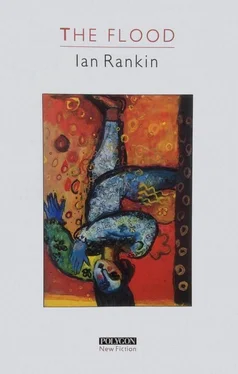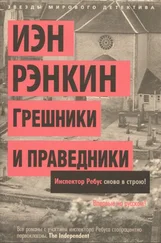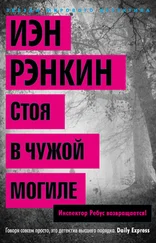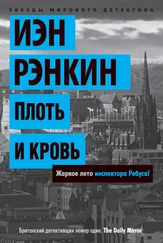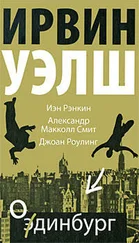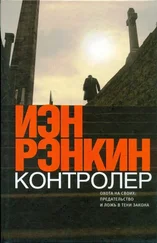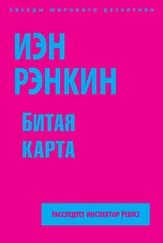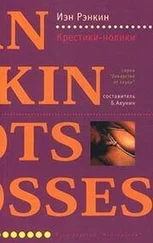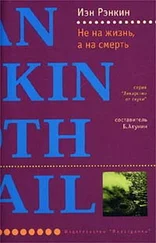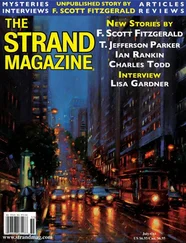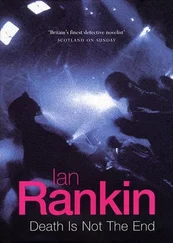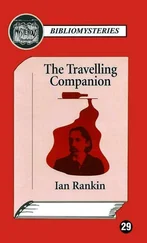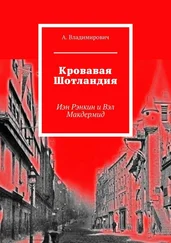‘We will now sing hymn number three-nine-six. Hymn three hundred and ninety-six. For those of you with the Revised Hymnary, this can be found in the little pamphlets on the pews. Hymn three-nine-six,
“The King of Glory standeth
Beside that heart of sin;
His mighty voice commandeth
The raging waves within;
The floods of deepest anguish
Roll backwards at His will,
As o’er the storm ariseth
His mandate, ‘Peace, be still’...”
Hymn three-nine-six then. The organist played the tune while the congregation coughed and turned over the pages of their hymnbooks and pamphlets. Now the organ ceased, and the congregation quietly rose. The young minister’s hearty voice drowned out, to his own ears, much of the muted singing from the pews a dizzy depth beneath him. At the singing of the hymn’s second line he saw a few eyes wander from their books towards the dark woman, so erect and contented in her pew. She stood to Darroch’s right, alone in one of the side pews. The eyes of some of the women strayed often towards her, and now more than before. The heart of sin. Iain Darroch thought that he knew something now of her son. He knew, moreover, of her isolation, this woman with the eyes of a wounded but indomitable soul. He nearly lost his place in the hymn, but recovered with a quick glance at the next line. The poor woman, and so beautiful. He had wandered into a town of enmity and spitefulness, into a town of age-long memories and the slowest forgiveness. How could he remedy things? And dear Lord, should he even try?’
‘To dwell with thee above.’
The organ ground its way to a stop. The organist, a Mr Bogie, had a painful style and was of limited resources. His face was ruddy with piety, and his hands gleamed as though soaped to perfection. The small choir sat down, followed by the rest of the congregation. Iain Darroch began the intimations. It was a long list. This was the social side of the Church of Scotland, the side most people relished so far as he could tell. The Church was for coffee mornings and bazaars and Young Mothers’ groups and whist drives and the like. The Church was for a society of coffee-swilling whist-players, no different from those portrayed so keenly in The Rape of the Lock, one of Darroch’s favourite poems. This was a society, moreover, which held hatred at its core, hate and bitter hypocrisy. There would be some strong sermonising in the next few weeks. Pity welled up in the young man. Who could he ask about Mary Miller? Perhaps he had one ally: the Reverend Walker of Cardell Parish Church. He would invite himself to the older man’s manse. He finished the intimations.
‘The collection,’ he said, ‘will now be taken.’ The organist began some unassuming dirge. Iain Darroch sat himself down and did some thinking.
He went all the same, drawn by her irresistible magnet. He walked around the perimeter of the mansion, hoping that she would somehow sense his presence and come down from her high prison to see him. He whistled and kicked some stones at imaginary goalposts on the walls of the house. He hacked out interminable thistles with his heel. There was no sign of life around the mansion, only the distant shouts and curses from the golf course.
He suddenly felt very afraid. What was he doing there, and what could he say to Robbie or Rian should he encounter them? He felt like the dog tied up outside the butcher’s shop.
He crept away from the house and climbed on to the wall adjoining the field of barley. He looked up at the boarded windows, behind which might lie either his girlfriend or else an empty and moaning puzzle. His girlfriend? The word seemed unfit for their strange, queasy relationship. Internecine was a word he had found quite recently in a novel. He had jotted it down in his list of unusual words and had found its meaning in a dictionary. It seemed to fit his situation. Internecine. It had a vague sound like nectar and intercourse, and like nectarine. Internectarine. He smiled, still looking at the house. He would write a poem and call it “Internectarine”, and it would be about two lovers and a peach. He had only the vaguest idea of how to link the two concepts, but then that hardly mattered in poetry.
He slid from the wall into the crumbly earth of the field. He worked his way around its edge, stroking his face with a ripe and broken beard of barley. He might go to the café if it were open. He had a little money. He could go to the newsagent’s. He remembered with guilt that he had not washed the breakfast dishes, such as they were. His mother would be home from church, fresh and humming, in a little while. He jogged to the far wall, climbed over, and ran all the way home.
‘Come in, come in.’
The Reverend Walker was older than Darroch had imagined. Middle age had waved him goodbye and he was settling into a slow, steady pre-retirement stage. He gestured for the young man to go through to the sitting room, then closed the front door with a nervous cough.
Darroch disliked people’s nervous coughs. They made him feel awkward. He studied the elderly man’s back. It had been strong and straight once, perhaps as recently as ten years ago. Now, however, it was stooped as if in a constant prayer for forgiveness. Death, Darroch supposed, was a preeminent concern of the old. He thought about it himself often enough with just the slightest tingling of foreboding. What price then old age and the clutching of fragile straws?
‘Sit yourself down. I’m sorry we’ve not been able to meet sooner. I’ve been in hospital for some tests. Gracious, these days there’s not a part of the body that’s left sacrosanct after a visit to the hospital. These doctors think they know it all. They think they have some kind of divine secular right when it comes to poking and prodding the flesh.’ The old man scratched at his rich, whitened hair. ‘I don’t know,’ he said. ‘We have much to suffer in the ministry in this age. Wouldn’t you agree?’ Darroch nodded. ‘We have to explain divinity,’ continued the minister, ‘to people who are more and more susceptible to the apparent truths of science. Joseph Conrad once called science “the sacrosanct fetish”. An interesting juxtaposition, but a wise phrase, and he was talking in the earliest years of the century. A wise phrase. Have you read Conrad?’
Darroch was allowed the chance of speaking. He merely shook his head.
‘Nor I. I found that quote in a dictionary of quotations. I love reading through books like that. It makes you seem astonishingly well read when you meet anyone.’ Reverend Walker giggled like a child. ‘I even read dictionaries, you know, and send the editors lists of words that have been missed out. You’d be surprised at the words some dictionaries omit. I think I have a list somewhere that I’ve just finished preparing.’ He walked with effort to a writing desk in one corner of the room. It was closed, and when he opened the lid sheets of foolscap slid gracefully to the floor. Darroch rushed over to help. The sheets were full of scribbles from a shaky blue fountain pen: notes for a sermon or something similar. There were no paginations, so Darroch shuffled them into a random pile and placed them on top of the bureau. The old minister was still hunting in the desk for his list. He mumbled as he looked, peering closely at scraps of paper before dismissing them. He appeared to have forgotten that Darroch was there, so the young minister, hands behind his back in a suitable pose, examined the glass bookcases which filled one complete wall of the room. The books were old, some with spines faded to obscurity. He saw many theological works, of course, but there were also books of Scottish and English literature and some historical works. He saw two big books concerning the history of central Fife.
Читать дальше
